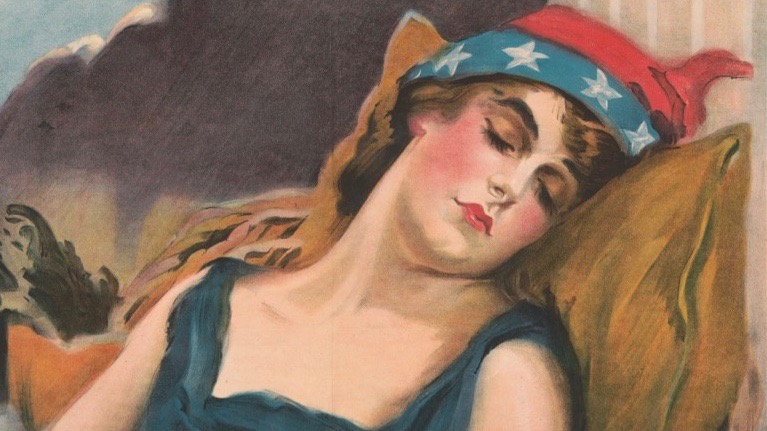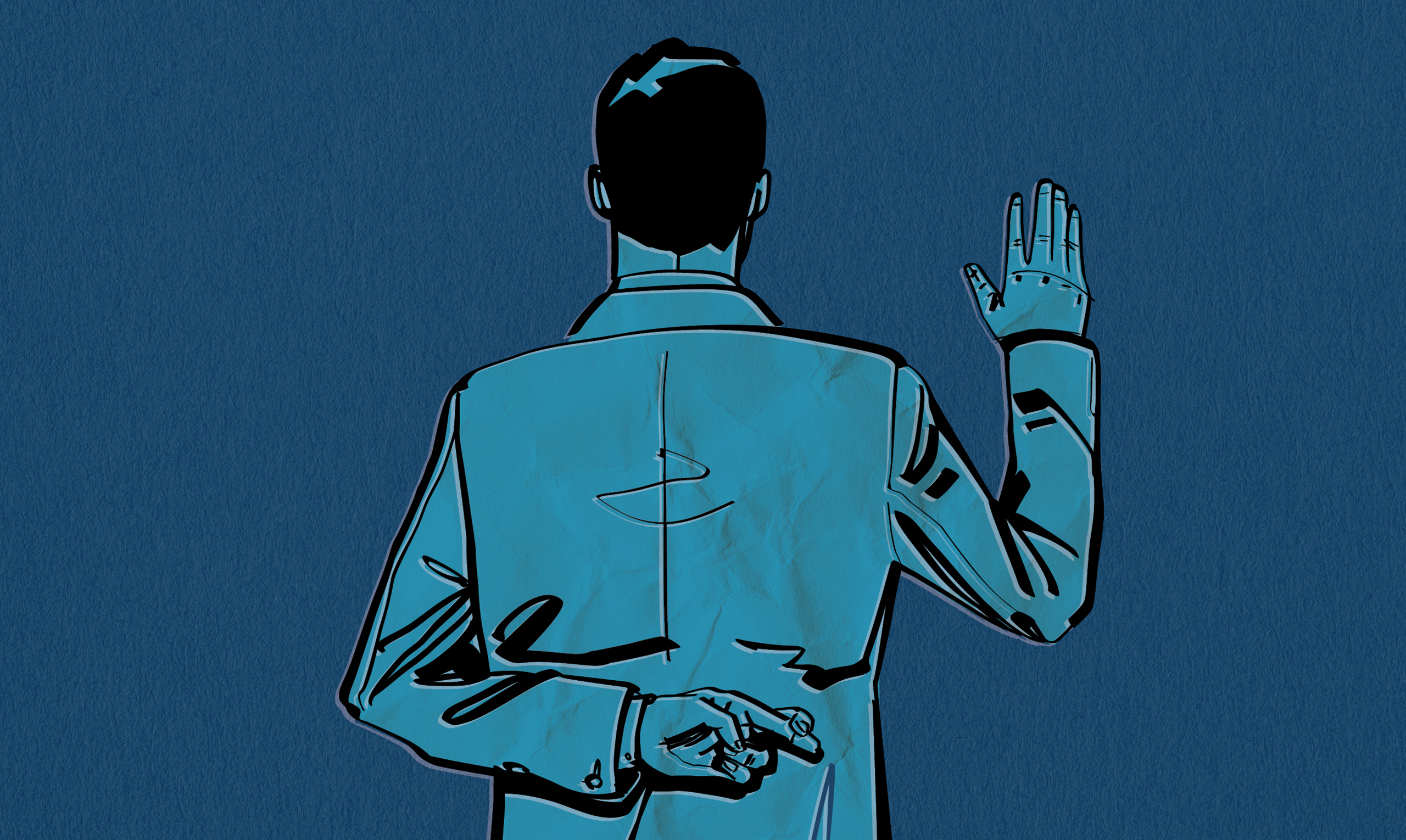Joe Biden, a guest on the Howard Stern Show. Who would have predicted that? The “shock jock” interviewing the President of the United States.
I must admit that I am a regular listener of the Stern Show. Although not enamored with all his content, I find his interviews insightful and enjoyable. My favorites include Springsteen, Billy Joel, McCartney, Conan O’Brien, Barbara Streisand, Norm MacDonald, Brian Cranston, and Lady Gaga. Why do I like them so much? The interviews are long and informal enough that you often get fascinating back stories. When the musicians perform in his studio, the sound is clear and unfiltered. The acoustics are simply incredible.
Over the years, Stern has conducted several interviews with Donald Trump. Trump talked about losing his virginity at 14, the sex appeal of his daughter Ivanka, and gave way too much information on how he judges women. Let’s just say it smacks of the “meat market” approach. Stern urged Trump not to run for president and their relationship soured during the 2016 campaign. Stern became a staunch and vocal supporter of Hillary (who has also been interviewed by Stern). Many believe that had she been interviewed by Stern before the 2016 election, the outcome may have been different.
It was a great strategy for Biden to go on the Stern Show. One of my complaints when I hear Biden speak, is that he often sounds angry and almost screams. If he spoke slower, more distinctly and more calmly, it would be much more impactful. On the Howard Stern show, Biden was low-key and conversational. He came across as a solid citizen with tons of experience who cares about the average American, who is ethical, diligent, cherishes the support of his family and friends, and is, in short, a decent human being. They talked a lot about loss and grief and the ability to pick yourself up and move forward. The big breaking news in the interview is that Biden said he would agree to debate Trump at some future date.
Biden mentioned Trump’s comments regarding soldiers who get caught or killed as suckers and losers and the horrible comments Trump made about John McCain. (“He’s not a war hero. He was a war hero because he was captured. I like people who weren’t captured.”) This from a guy who never served a day of military service.
Some critics have said Biden made a mistake being on the Stern show. I disagree. Stern has about 34 million subscribers. Many of them may take a closer look at Biden after this interview which did an excellent job of contrasting and comparing the two candidates. It emphasized Biden’s 36 years in the Senate, his experience as Chair of the Senate Foreign Relations Committee and Chair of the Judiciary Committee, his eight years as Vice President and his almost four years as President. Any recruiter comparing and contrasting these two candidates closely would definitely select one over the other. No contest.
The Dalai Lama once said: “We are all here on this planet, as it were, as tourists. None of us can live here forever. The longest we might live is a hundred years. So, while we are here, we should try to have a good heart and to make something positive and useful of our lives. Whether we live just a few years or a whole century, it would be truly regrettable and sad if we were to spend that time aggravating the problems that afflict other people, animals, and the environment. The most important thing is to be a good human being.” On the Stern Show, Joe Biden’s comments made it crystal clear that he is indeed just that.
Maria Grant was principal-in-charge of the Federal Human Capital practice of an international consulting firm. While on the Eastern Shore, she focuses on writing, reading, gardening, piano, kayaking, biking, and nature.










